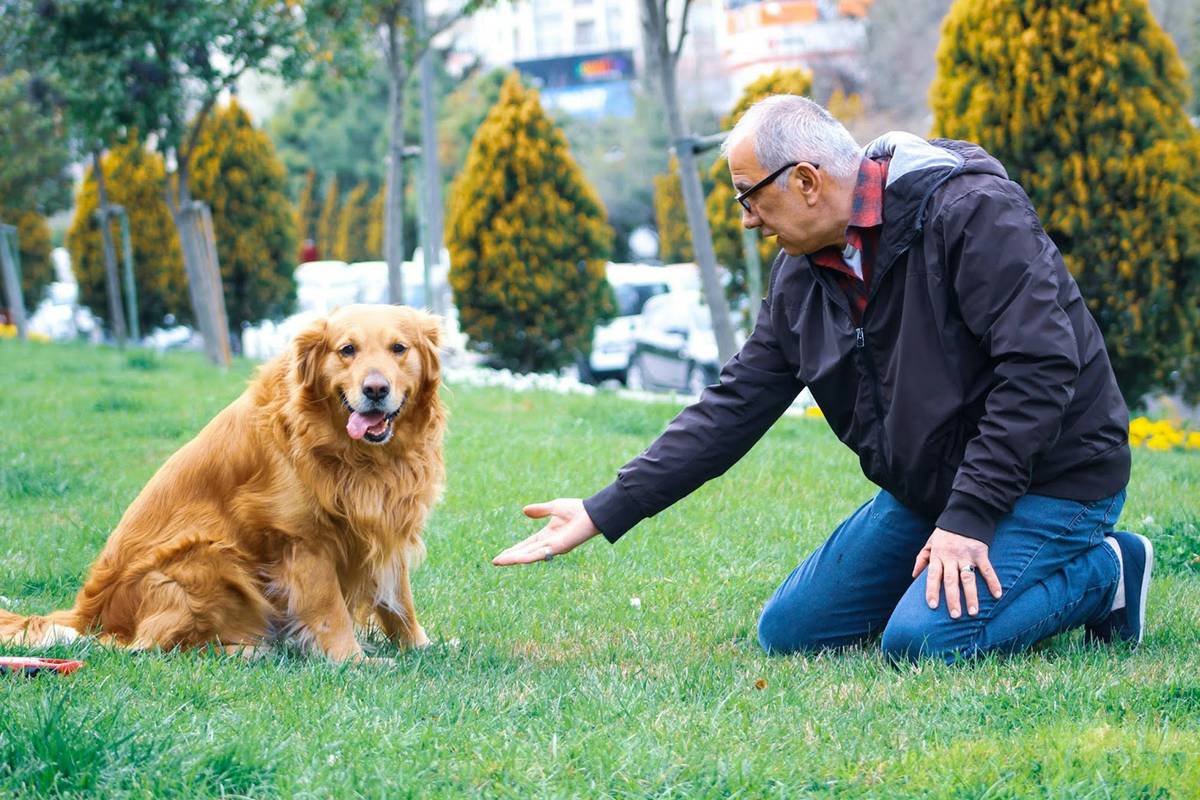“Ever wondered what life looks like for a guide dog after retirement? Spoiler alert: It’s golden—but not without planning and perks.”
When we think about service animals, our minds often focus on their tireless work supporting humans. But have you ever stopped to consider their post-career lives? Just like humans, guide dogs deserve a relaxing, fulfilling retirement. In this article, you’ll learn everything you need to know about guide dog retirement benefits, from emotional goodbyes to financial support systems. Ready? Let’s dive in.
Table of Contents
- Why Guide Dogs Deserve Special Retirement Care
- How to Plan for Your Guide Dog’s Retirement
- Tips for Making the Transition Smooth
- Real Stories of Retired Guide Dogs Living Their Best Lives
- FAQs About Guide Dog Retirement Benefits
Key Takeaways
- Guide dogs retire typically between 8-10 years old due to physical or cognitive decline.
- Retirement comes with adoption options, financial aid, and veterinary care packages.
- Transitioning involves retraining the dog to become a pet rather than a working animal.
- Owners should prepare emotionally and financially for their companion’s next chapter.
Why Guide Dogs Deserve Special Retirement Care
Imagine logging 24/7 shifts navigating busy streets, dodging obstacles, and ensuring someone’s safety—all while wagging your tail. Sounds exhausting, right? That’s the reality of being a guide dog. These dedicated animals average 8-10 years of service before retiring. And just like any superhero, they need some downtime.

A guide dog hard at work helping navigate urban environments safely.
Here’s where things get real: transitioning from a structured routine into “retirement mode” isn’t as easy as tossing out an old leash. Without proper guidance, both the dog and handler may struggle. As one former guide dog owner put it: “I cried harder when my pup retired than I did during most breakups.” (Yes, she actually said that.)
How to Plan for Your Guide Dog’s Retirement
If your four-legged partner is nearing retirement, don’t panic. Follow these steps:
Step 1: Understand Your Dog’s Needs
Before anything else, consult your training organization or veterinarian to assess your dog’s health and temperament post-retirement. Is arthritis creeping up? Are there signs of stress? Knowing this early helps create a tailored plan.
Step 2: Secure Financial Support
Many organizations offer financial assistance programs for retired guide dogs, including discounted vet visits, food subsidies, and even grooming services. Research local nonprofits and national groups like Guide Dogs for the Blind for specific resources.
Step 3: Prepare for Emotional Changes
Losing a daily partnership can feel like losing a limb. For many handlers, adopting another dog or engaging in new hobbies eases the transition. Yes, change stinks—but so does ignoring it.
Tips for Making the Transition Smooth
- Establish New Routines: Shift focus from tasks to playtime and relaxation.
- Socialize Them Again: Encourage interaction with other dogs to boost morale.
- Prioritize Health: Schedule regular check-ups to catch issues early.
- Create Cozy Spaces: Make sure they’ve got comfy beds and access to sunlit spots.
- (Pro Tip Gone Wrong): Don’t let them hog the couch immediately—or you’ll never get it back!

Retirement means more snuggles and fewer commands—just the way it should be!
Rant Corner:
“Optimist You:” “Oh, retirement will be amazing!”
“Grumpy Me:” “Yeah, until your dog decides 4 AM zoomies are now their thing because ‘rules no longer apply.’”
Real Stories of Retired Guide Dogs Living Their Best Lives
Meet Bella, a former guide dog who traded her harness for beach days and endless belly rubs. Her owner, Sarah, adopted her fully upon retirement and noticed how much happier Bella seemed exploring nature instead of navigating city chaos. Another success story? Max, who joined a family with kids and became their official cookie thief. Proving once again that retirees rock.

Sweet freedom: Playtime replaces duty calls in retirement.
FAQs About Guide Dog Retirement Benefits
What age do guide dogs typically retire?
Most guide dogs retire between 8-10 years old, depending on their breed and overall health.
Who pays for a guide dog’s medical expenses after retirement?
Many organizations cover ongoing medical costs partially or entirely through sponsorship programs. Always confirm details with your trainer or agency.
Can I adopt my guide dog after retirement?
In most cases, yes! Handlers are given first dibs to adopt their partners permanently.
Conclusion
So there you have it—the ins and outs of guide dog retirement benefits. Whether you’re preparing for your own furry friend’s golden years or simply curious about the process, remember: every hero deserves a happy ending. Now go spoil that pupper—they earned it!
Haiku Time:
Paws slow, heart full,
Sunshine warms tired muscles—
Thank you, loyal soul.


